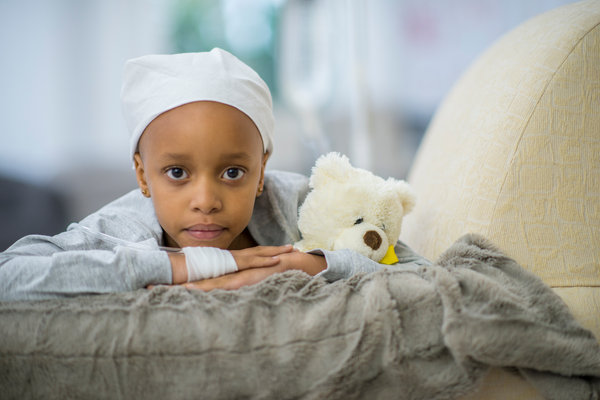
Here we will go over four ways to cope with a new cancer diagnosis.
Although cancer is one of the most common conditions in the world, receiving a cancer diagnosis feels far from ordinary. Everyone handles their new diagnosis differently. Some may be angry or sad, while others are left feeling confused. Regardless, all patients feel some level of fear.
This slurry of emotions can make accepting and understanding your diagnosis incredibly difficult.
Keep reading to learn how knowledge, therapy, and lifestyle choices can help you cope with cancer.
1) Educate Yourself
When you receive a cancer diagnosis, you may become so consumed with fear that you plummet down a rabbit hole of questions.
- What will insurance cover?
- What are the treatment options?
- Will the treatment be painful?
- How do I tell my loved ones?
- Should I see a specialist?
The unknowns can soon become scarier than the diagnosis itself, but that doesn’t have to be the case. Spend some time researching your cancer type, and don’t be afraid to ask your doctor questions.
Each person’s cancer will present itself and behave in ways unique to their body. However, the steps of this disease often follow a similar path. Learning this path and how your cancer will likely behave can help you feel like you have regained control.
Understanding what cancer is and what will come next is a big part of coping with the diagnosis.
2) Go to Therapy
After your diagnosis, speaking with a therapist should be one of your first moves.
The news that you have cancer is understandably overwhelming, anxiety-inducing, and terrifying. You will have many emotions and thoughts to get off your chest. However, it is common for cancer patients to struggle with verbalizing their feelings to loved ones. Sharing your diagnosis with friends and family is a vulnerable and sensitive moment that many individuals try to put on a brave face so they can spare the feelings of their loved ones.
Unfortunately, minimizing the situation and “acting tough” can leave you feeling alone and more scared than ever. Therapy sessions are the perfect place to get your genuine emotions out and discuss your diagnosis with someone without feeling the need to hold back.
Many patients who received a life-changing diagnosis use therapy sessions to cry, talk through complex questions and find the bravery and positivity to fight their disease.
3) Do Your Part In the Healing Process
Depending on your cancer type, surgery, chemotherapy, radiation, targeted therapy, medications, and other procedures may be used to fight the disease. Although your doctor will educate you on success rates, schedule various appointments, and explain how each treatment works, you may still be worried that you aren’t doing enough.
If you are like many individuals, you might find it hard to place your future in the hands of others entirely. Of course, you should always trust your doctor and follow treatment plans, but you should also do your own part in the healing process.
Many non-invasive and natural remedies decrease the spread of cancer and even kill cancer cells.
For example, being physically active and adding foods such as broccoli, green tea, grapes, berries, and garlic into your diet has proven to terminate cancer stem cells.
Additionally, cannabis has proven to prevent and treat cancer, in addition to relieving the harsh side effects of typical cancer treatments. To maximize the benefits of cannabis as a cancer treatment, scientists have created a strain called “Eve” that only attacks cancer cells and leaves normal cells untouched. Learn more about Eve at Veriheal.com.
Being proactive by making small lifestyle changes will help you feel in control and allow you to cope with your diagnosis.
4) Don’t Let it Take Over Your Life
After being given the news that you have cancer, it can be easy to let it take over nearly every aspect of your life. You may become depressed and find it hard to concentrate, be active, and enjoy the things you used to.
It is okay to think about your diagnosis, but you shouldn’t let those thoughts consume you. You will have some bad days during treatment, but there will also be good days. When you feel okay, take advantage of those moments by doing activities you enjoy and continuing with your life.
It can be hard to cope with a cancer diagnosis if it’s at the forefront of your mind at all times. Allowing this disease to control your mind and body makes many people lose their sense of self-identity, which can be challenging to recover from.
During these trying times, you should focus on healing, positivity, and finding happiness wherever possible.